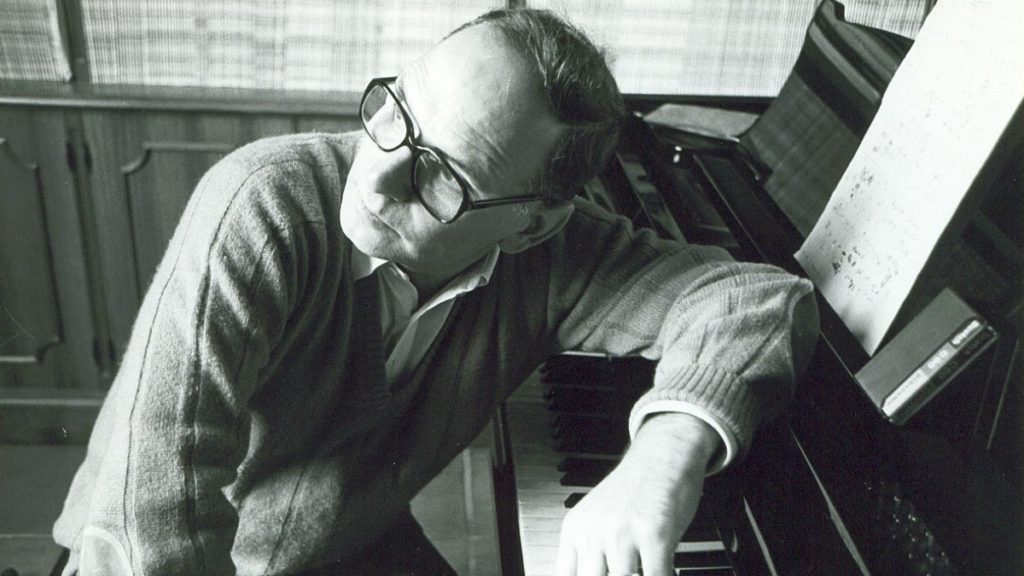In this world, there’s no way of accounting for the daily rate of births, and what life has in store for them. With loss, we often have the capacity to reflect on someone’s existence and what they indeed might have achieved. It is in the sad passing of legendary Italian film composer, Ennio Morricone, that we can embrace this to the fullest. A man whose uncompromising catalogue of movie music has long since earned him every single one of the overwhelming superlatives hurled at him.
I was late writing this very piece because a) my original poignant tribute was infuriatingly lost in the process and not to be recovered, and b) I got so bogged down with listening to Morricone’s endless melodic filmography, I simply drifted away rather than pour the words into paper. Hardly surprising. It was Morricone’s music, then, that pulled me from the creative drought today to attempt this very adoration again.
As I select just seven of the perhaps lesser known music tracks from a stupendously limitless film career, I’ll forever be haunted by the ones I didn’t include. But to be haunted by Ennio Morricone is an honour worth living for. Film audiences are enraptured by him, filmmakers owe him an unfathomable gratitude, as his loss now somehow elevates his legacy into a far more significant greatness.
Red Sonja (1985)
Morricone’s music for the prehistoric, sword-swishing action flick from 1985 has pretty much evolved alongside me. It’s irrelevant to me that Red Sonja bombed commercially and critically, as it represents a distinctive part of my childhood. I’ll always remember staying with dad and stepmother above that video shop, and getting to pick films from those old shelves.
I mean, it’s 1985, bombastic Arnold Schwarzenegger is clearly trending, and the Amazonian Brigitte Nielsen was something of a crush for a while. I was moved by this particular theme as a kid, and to be honest it still resonates with me over thirty years later. I’m humming it now.
Il gatto a nove code / The Cat o’ Nine Tails (1971)
As inquisitive, as heart-syncing, and as startling as many a horror score. Morricone made a successful sideways venture into the chiller genre in one of many compositions for master giallo filmmaker Dario Argento. Those eerie, isolated vocals and the shrieking, slurring musical tones and beats crept under your skin.
Even on a low volume, the distorted ringing in your ears is still present. Discomfort in a horror score is pretty much essential, and Morricone was already a vivid and renowned creator of musical sounds. Artistic genius has a bottomless depth.
I crudeli / The Hellbenders (1967)
There’s no denying Quentin Tarantino’s taste, then, with Morricone shadowing the film nut’s creative arena for years. “L’Arena” From Il Mercenario being used in the coffin-punching scene in Kill Bill Vol. 2 might be the finest – and yet most obvious – example.
With this particular track (which pops up in Django Unchained), “Un monumento (part one)” from the Sergio Corbucci spaghetti western I crudeli, Morricone demonstrates his flourishing knack for dusty rat-a-tat-tat and trumpet rhythms. Utilizing those classic vocals and beating drums, forming as much a part of the western cornerstone as his equally effective harmonica, whistles and whip lashes.
The Untouchables (1987)
As dramatic as Brain de Palma’s 1987 crime flick The Untouchables is, Ennio Morricone sprinkles in generous amounts of mischief and intrigue into his score. The romanticised theme is as affecting as many of the Italian’s dramatic work, but the quirky, suspenseful moments of his composition here somehow land you right in the prohibition era without making a mockery of it.
This particular track is so casual in its tinkles and brassy energy, there’s an audacity that this should have us delve into the luxurious world of the film’s villain – and music track’s namesake – Al Capone. The film’s score soars higher elsewhere, but this further demonstrates Morricone’s range.
Il federale / The Fascist (1961)
I can’t help but wonder if American composers Elmer Bernstein and Bill Conti had this on repeat on their iPods as they composed The Great Escape and Rocky respectively. From the marching drums, the brass instrumentals, that distant hanging note, the odd clang and twoot, this frenetic piece came from Il federale, which was officially Morricone’s first full film score.
And with those kind of terrific arrangements there was a clear blueprint of music bravura on the horizon. One which would radiate for decades and decades to come. Good luck getting this one out of your head.
Libera, amore mio / Libera, My Love (1975)
If we talk about Italian cinema, more often than not I would like the opportunity to involve the luminous Claudia Cardinale. In this case, her 1975 film, Libera, amore mio, also shines thanks to the whimsy and wonder of Ennio Morricone’s score.
The array of instruments is as per usual extraordinary, though it might be the big band mentality and light-hearted swagger that really pack a punch with this particular track. It’s a score that allowed us to experience Morricone’s passionate, playful personality with every music alteration and note.
Malèna (2000)
Ennio Morricone had a rich, fruitful film relationship with fellow countryman, director Giuseppe Tornatore. The timeless, sentimental score for Cinema Paradiso many consider to encapsulate the music maestro’s swan song. Some ten years or so later, they collaborated on Malèna. A film which rewarded Morricone with an Academy Award nomination, for which he ought to have won. But he would not win his first competitive Oscar until 2016.
For a film which is both painful and beautiful, Malèna’s immersive score sweeps you off your feet ever so slowly. The typical and well-loved emotive melodies from Morricone drift through you as if they blew in from the shores. Those mesmerising sounds swirl, pierce the soul, and land somewhere deep where only great music can go.
Arrivederci signore Morricone.

